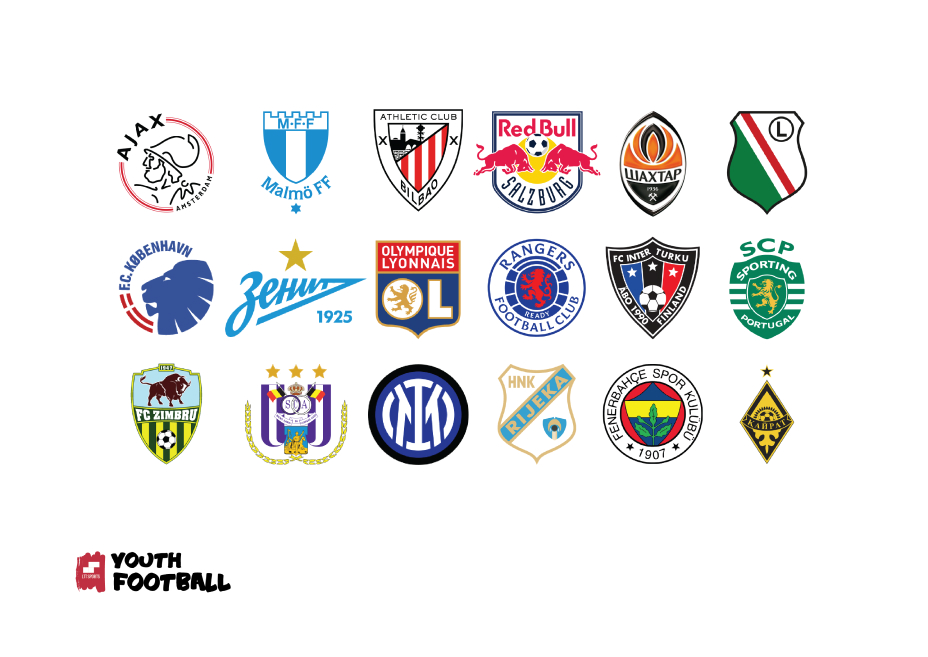



It is important to promote grassroots football and to point out the benefits of an established youth policy for a football club and its various stakeholders. Youth development is a key issue and will always remain so. Each football club has developed its own initiatives when it comes to youth development and there is a lot to learn from each other on this front.
‘If you can’t measure it, you can’t improve it’ is something consultants like to say… but do you simply make it a great youth academy because of top level coaches or top quality pitches? If youth academies are usually one of the biggest departments of a football club and up to 60% of Academy Directors state that their centre of development is a source of revenue for their club. We believe this is an area that merits attention and constant improvement.
Back in 2017, we used our experience to assist in the development of the holistic framework of the 12 Professional Youth Academy Quality Areas for clubs. The framework was created to help assessing football academy performance in a qualitative way, but also to guide clubs on how to successfully run a youth academy. We created a report designed and focused on youth development aiming to provide advice to the clubs and to offer a medium to share experience and expertise related to all aspects of youth academies. The added value of this report was to provide a comparable European perspective that did not exist before.
We developed the 12 Quality Areas for ECA aiming to bridge the gap between tangible and intangible licensing and quality insurance approaches by boosting talent development capabilities of clubs.
Our exchanges with more than 120 clubs from over 40 countries have helped us to build a comprehensive knowledge base, and several clubs are currently using this model for their daily operations. This framework can help clubs improve beyond a bureaucratic tick-the-box or licensing exercise.
- Over 50 youth academies analysed in the last decade
- 4 international workshops organised jointly with ECA (at Arsenal FC, Manchester City FC and FC Bayern München, Athletic FC)
- Over 500 copies distributed and available online
Whilst there are many important considerations as to why youth development matters, such as fan pride, building club identity or even the economic logic of developing talent with the aim of generating crucial transfer revenue, there is one fundamental reason: without new generations of top talents, the game of football will cease to attract new generations of supporters.


